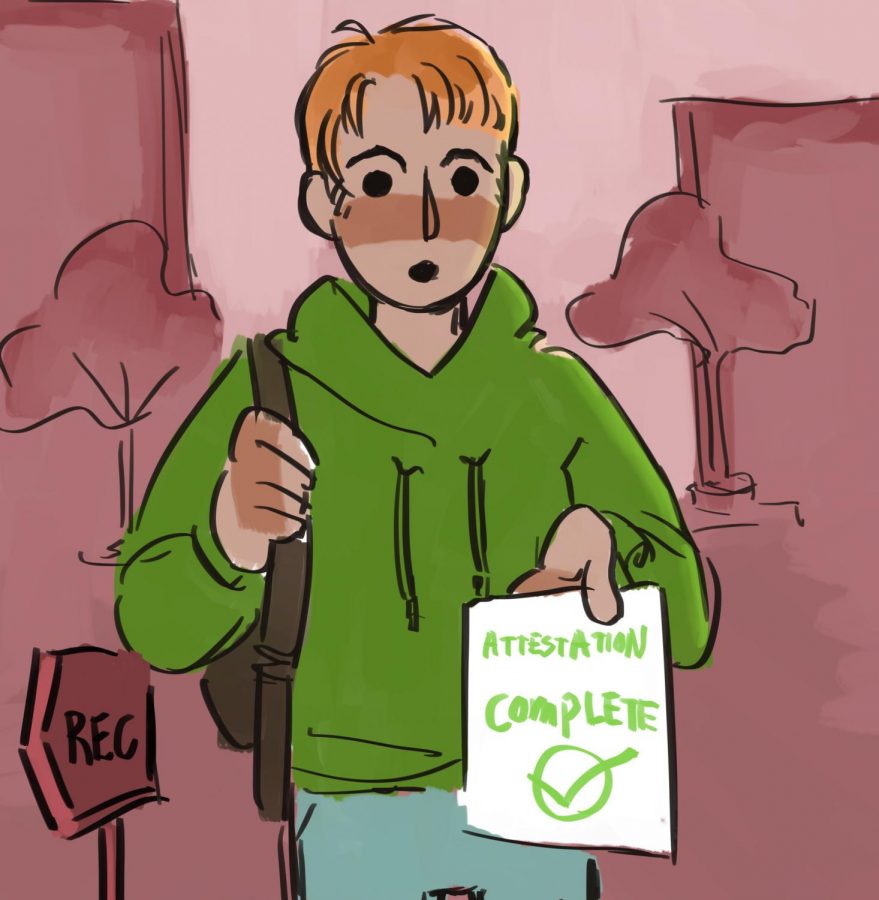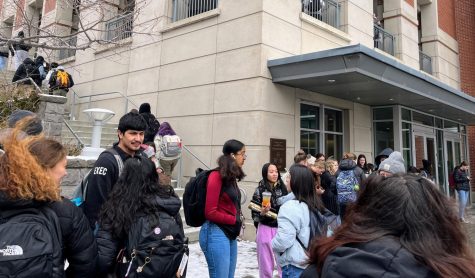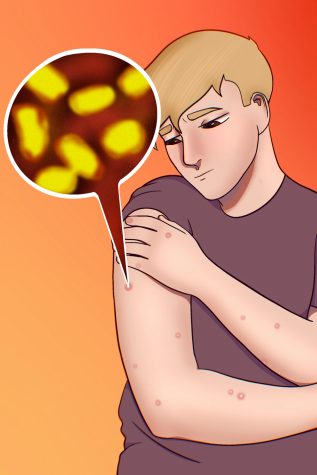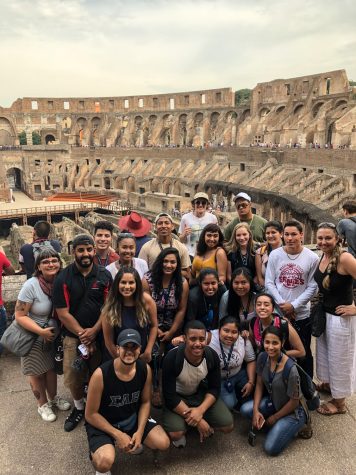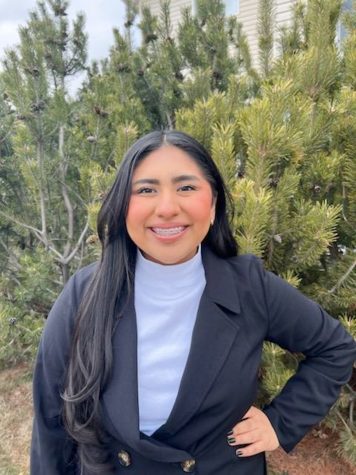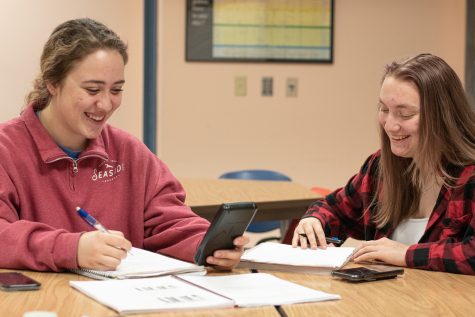OPINION: WSU has prepared for COVID this time, students must take share of responsibility
After last semester’s case spikes, WSU, Greek chapter members should work together to prevent spread of COVID-19 on campus
Students are required to show proof of attestation before going to campus.
January 28, 2021
Students are pouring back into our little college town, while administrators and student leaders are gearing up to beat back the wave of COVID-19 cases that may accompany them.
Unlike last semester, much of WSU’s preparations are more proactive – testing sites have been set up across campus, and the administration has issued a 10-Day Challenge.
The challenge encourages students to pick a group of five people or less to practice quarantine-like living for the first 10 days they are in Pullman. All with hopes of keeping case numbers as low as possible.
“Our goal really is to help our community understand what you can do, instead of living in this framework of ‘You can’t do this’ and ‘You can’t do that,’” said Jill Creighton, WSU dean of students and associate vice president of student affairs.
Even with an increase of students allowed to live on-campus, I believe the university has continuously worked to encourage boundaries that prevent viral spread.
Busy spots like the Chinook and the Student Recreation Center have cut down the amount of time students can spend at the gym at a time.
“Much like our residence halls, the guidance for our university recreation is dependent on what the state of Washington is letting us know we can do,” Creighton said.
Recreation centers require proof of your arrival test, a completed daily attestation and a 15-minute gap between each group to allow time for cleaning.
Even with taking the extra steps of reserving a time slot to work out or study, students are continuing to take the necessary precautions seriously
The Interfraternity Council, Panhellenic Council and Multicultural Greek Council have all worked to create solid COVID-19 guidelines prior to their members’ return to campus.
“Last semester we saw that huge spike in cases and we reacted to that,” said Cass Riggan, IFC public relations chair. “This semester is definitely more proactive. We are trying to prevent another spike.”
For all involved in ensuring the health and safety of our students, last semester was a shot in the dark. We knew little about COVID-19, and we could only do so much to prevent its impact.
“As we continue to learn more about COVID-19, alongside the rest of the world, our community has learned more effective ways to keep students safe,” Bailey Maykovich, PHC vice president of public relations, wrote in an email.
It is clear the university and our student-led organizations are doing whatever they can to take preventative actions.
“Something new that we’re doing is testing the waste water,” Riggan said. “They’ll test under three fraternities or sororities and if they see traces of COVID, they will ask the members to go and get tested.”
The WSU administration and Greek leaders are also working together to encourage all Cougs to adhere to the 10-Day Challenge so Cougs can “Cancel COVID,” as the movement says.
This means following the typical guidelines of wearing a mask, social distancing and sticking to small groups of people.
But we can go further by getting tested for COVID-19, filling out our daily attestation before using university facilities and keeping an eye on the information WSU continues to provide for us.
“We strive to raise awareness and encourage safety practices throughout our communities,” Ky Wong, MGC vice president of recruitment and public relations, wrote in an email.
Our community will continue to learn more about the virus this semester, so we must take advantage of the resources provided for us by the university. We should also show our appreciation for the work of our student-led organizations by fighting COVID-19 in our daily lives.
If we can continue to practice prioritizing our health, we can hopefully find a bit of normalcy on campus this semester.

